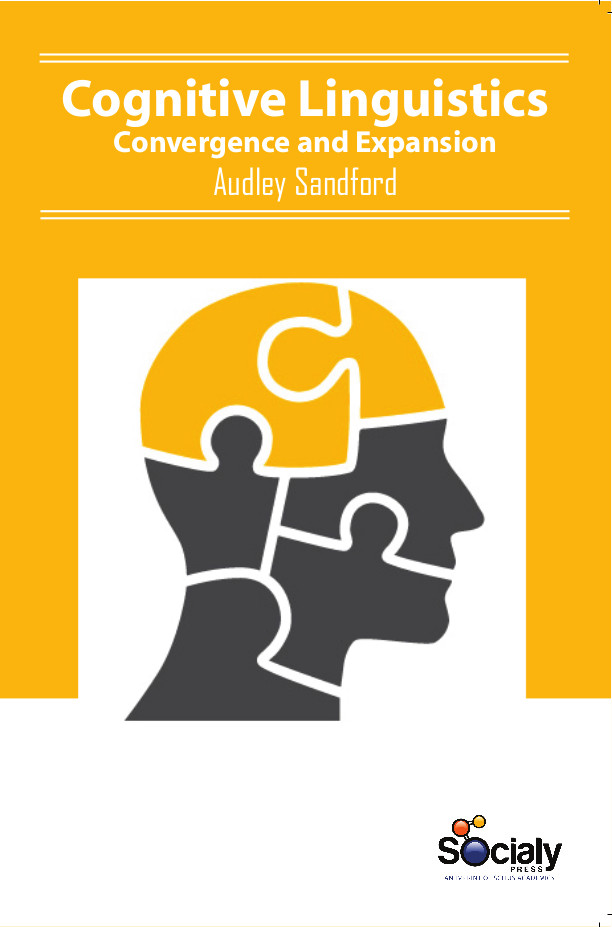Cognitive linguists, like other linguists, study language for its own sake; they attempt to describe and account for its systematicity, its structure, the functions it serves and how these functions are realized by the language system. However, an important reason behind why cognitive linguists study language stems from the assumption that language reflects patterns of thought. Therefore, to study language from this perspective is to study patterns of conceptualization. Cognitive Linguistics is not a unified theory of language but rather a set of flexible and mutually compatible theoretical frameworks. It started off as a number of diverse researches that went against prevailing generativist theories, namely the primacy of syntax and the modularity of language. These alternative inquiries slowly developed into a school of thought united under the banner of the primacy of meaning, non– modularise and embodiment. However, this unification never involved agreement on all linguistic matters, although the search for consensus on various aspects of cognitive linguistic theory and research has always been on the agenda. Cognitive Linguistics tries to break down the specializations and abstractions of formalism. As a consequence, there is a tendency to blur classical distinctions and dichotomies between linguistic knowledge and encyclopaedic, real world knowledge; between literal and figurative language; between synchronic and diachronic linguistics.
Cognitive Linguistics: Convergence and Expansion focuses on evidence that strengthens the basic tenets of cognitive linguistics concerning e.g. non-modularity, meaning, and embodiment. A set of chapters explores the expansion of the general cognitive linguistics paradigm and the incorporation of theoretical insights from other disciplines and their methodologies.
This Book discusses on a wide range of interrelated topics within cognitive linguistics. Living fully up to its ambitious title, the book is based upon the studies presented at the converging and diverging tendencies in cognitive linguistics.








